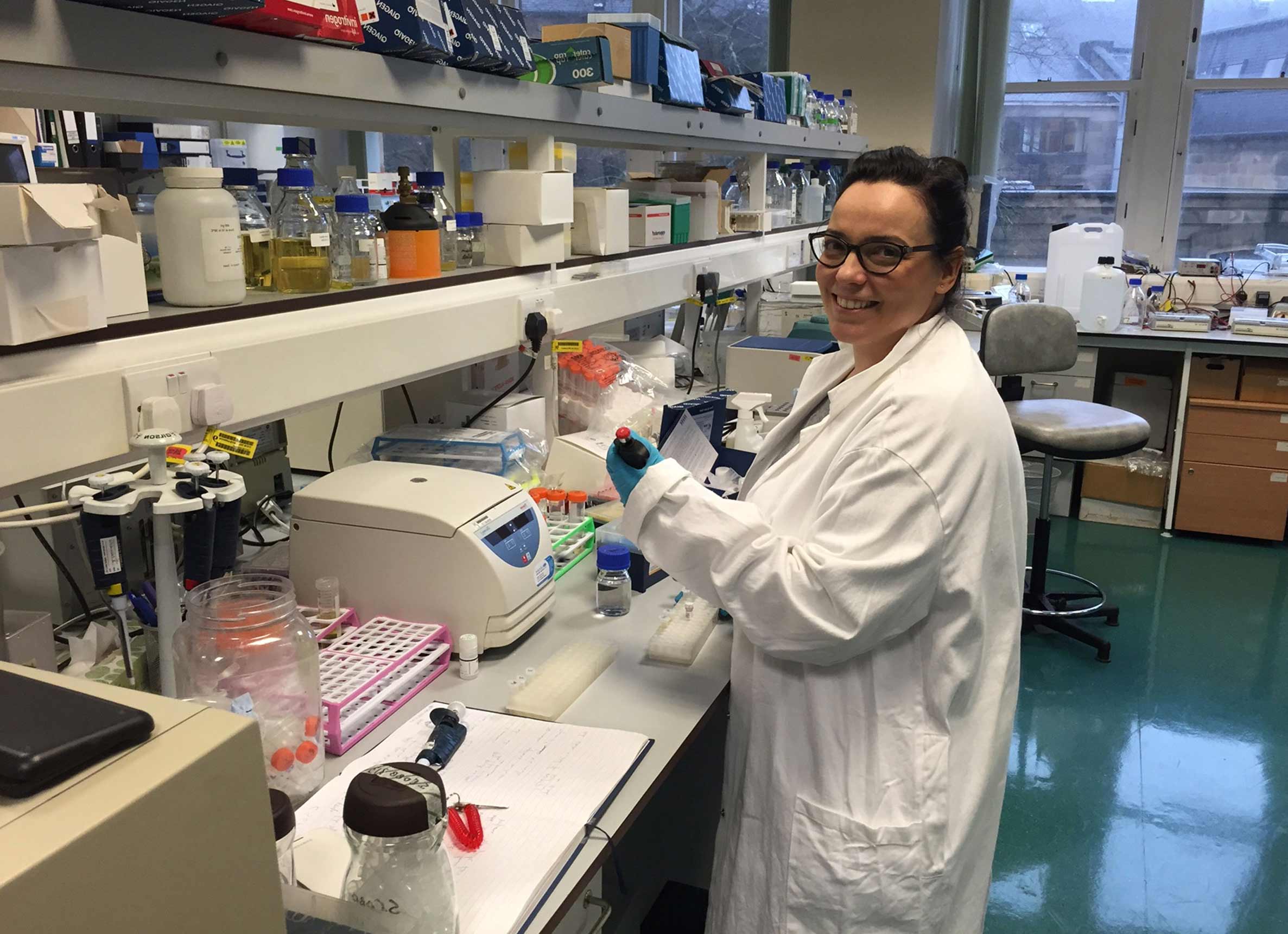
The genetic test for Rett Syndrome is called an MECP2 screening or sequence analysis. The test looks for mutations or changes in the gene that causes Rett Syndrome. Doctors will usually test for an MECP2 mutation through taking a blood sample which is then sent to one of four UK labs in Cardiff, Liverpool, Birmingham, or Salisbury.
The test usually takes around six weeks after which you’ll receive the results. Sometimes, parents receive this information over the phone, which can be stressful, so if you need to speak to someone about your results, please contact us. Also, it isn’t always clear what the information means, which is why it’s important to obtain a copy of the test results.
A cure for Rett Syndrome is possible. We fund research and forge connections between scientists, doctors, and those affected by Rett Syndrome to make a cure a reality.